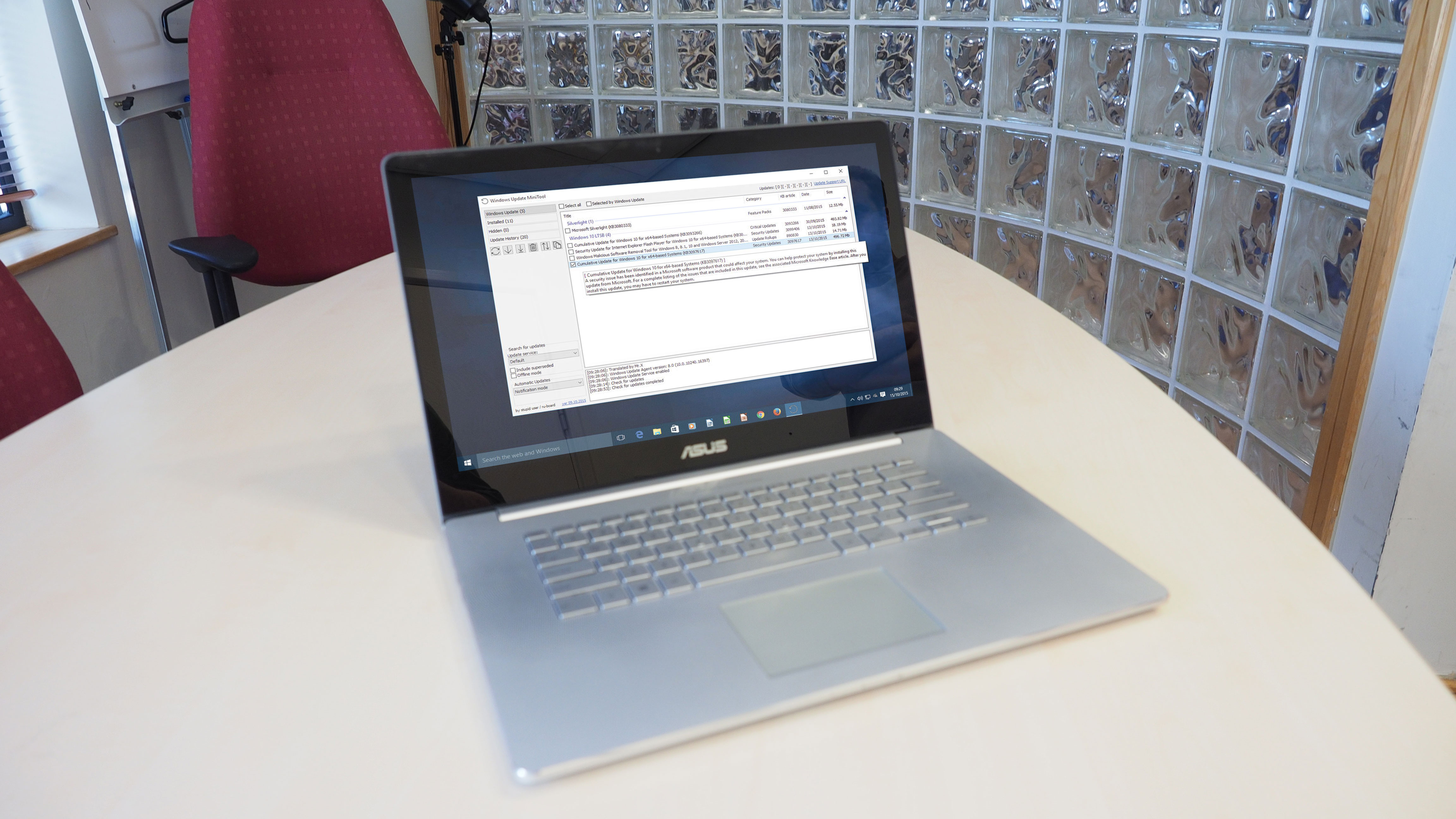Windows 7 and 8.1 move to Windows 10-style updates
Taking a leaf out of the Windows 10 playbook

Microsoft is changing patching for Windows 7/8.1 so instead of fixes and updates arriving in dribs and drabs, they'll pitch up in one cumulative update, as is the case with Windows 10.
In other words, users of these earlier versions of Windows can wave goodbye to the traditional 'patch Tuesday' volley of separate hotfixes, and say hello to a 'monthly rollup' patch which has, well, all of the latest updates – plus previous ones – rolled up into a single package.
This will happen starting in October, and going forward, these monthly rollups will be fully cumulative updates. So November's rollup will include the fixes from October, and so on going forward.
That means you won't be able to pick and choose which patches you want to install, as they will all be incorporated into the one update you download. However, it also means that fixes which may be dependent on previous patches are guaranteed to work (because there'll be no skipping of any of those previous patches).
Past patches
Microsoft notes that the idea is to proactively add past patches to this monthly cumulative update, so eventually the rollup will encompass every single patch since the last 'baseline' (i.e. major update or service pack).
And that will be a major boon to those installing the OS from scratch, as there will be just one big patch to apply, as opposed to having to sit through rounds of updates being tediously downloaded one after the other (we've all suffered through this at some point, doubtless).
Another recent piece of Windows 7/8.1 news to emerge was the fact that Microsoft has decided to extend the support deadline for these operating systems running on PCs with Skylake (or future generation) CPUs. And that's definitely good news for those wanting all the latest patches for their Skylake machine, not just the critical security affairs.
Sign up for breaking news, reviews, opinion, top tech deals, and more.
Via: Ars Technica
- Check out how Microsoft recently made Windows 10 more secure
Darren is a freelancer writing news and features for TechRadar (and occasionally T3) across a broad range of computing topics including CPUs, GPUs, various other hardware, VPNs, antivirus and more. He has written about tech for the best part of three decades, and writes books in his spare time (his debut novel - 'I Know What You Did Last Supper' - was published by Hachette UK in 2013).